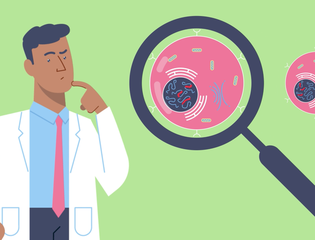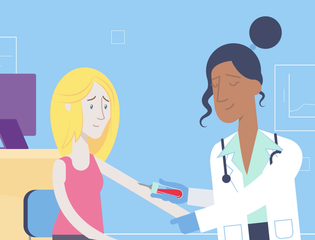Are you eligible for genetic testing?
Genetic testing helps us understand our genes. Genes are like tiny instruction manuals in our bodies. They tell our bodies how to grow and function. Sometimes, these instructions can have faults. Genetic testing can find these faults.
Who can get genetic testing?
Anyone can get genetic testing, but it's especially helpful for certain people:
- People with a family history of certain diseases.
- Children who show signs of a genetic disorder.
- People with certain types of cancer, including ovarian cancer.
What happens during genetic testing?
- Collecting a sample: First, a doctor or nurse collects a sample. This can be a small amount of blood, saliva, or a tiny piece of skin.
- Sending to the lab: The sample goes to a lab. Scientists look at the genes in the sample.
- Analysing the genes: Scientists check for mistakes in the genes. This part takes some time.
- Getting the results: The results are sent back to the doctor. The doctor explains what they mean and what to do next.
Why is genetic testing important?
Genetic testing can:
- Show if a person might get certain diseases.
- Help families make health choices.
- Guide doctors in choosing the best treatments.
- Allow someone take control over their future.





